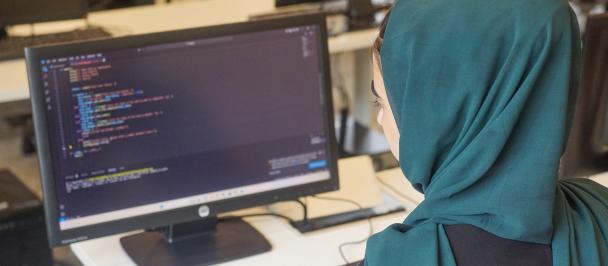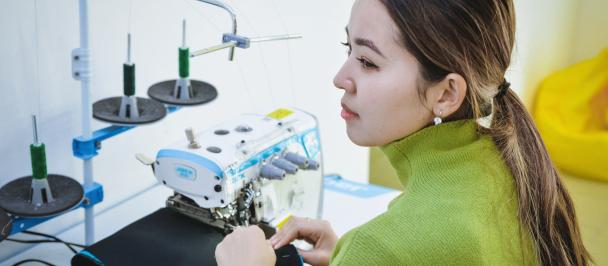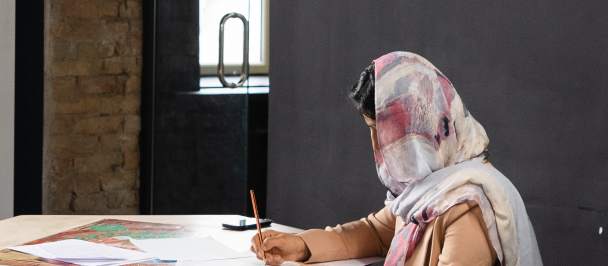The youth of Zhezkazgan opt for a sustainable future
December 6, 2022
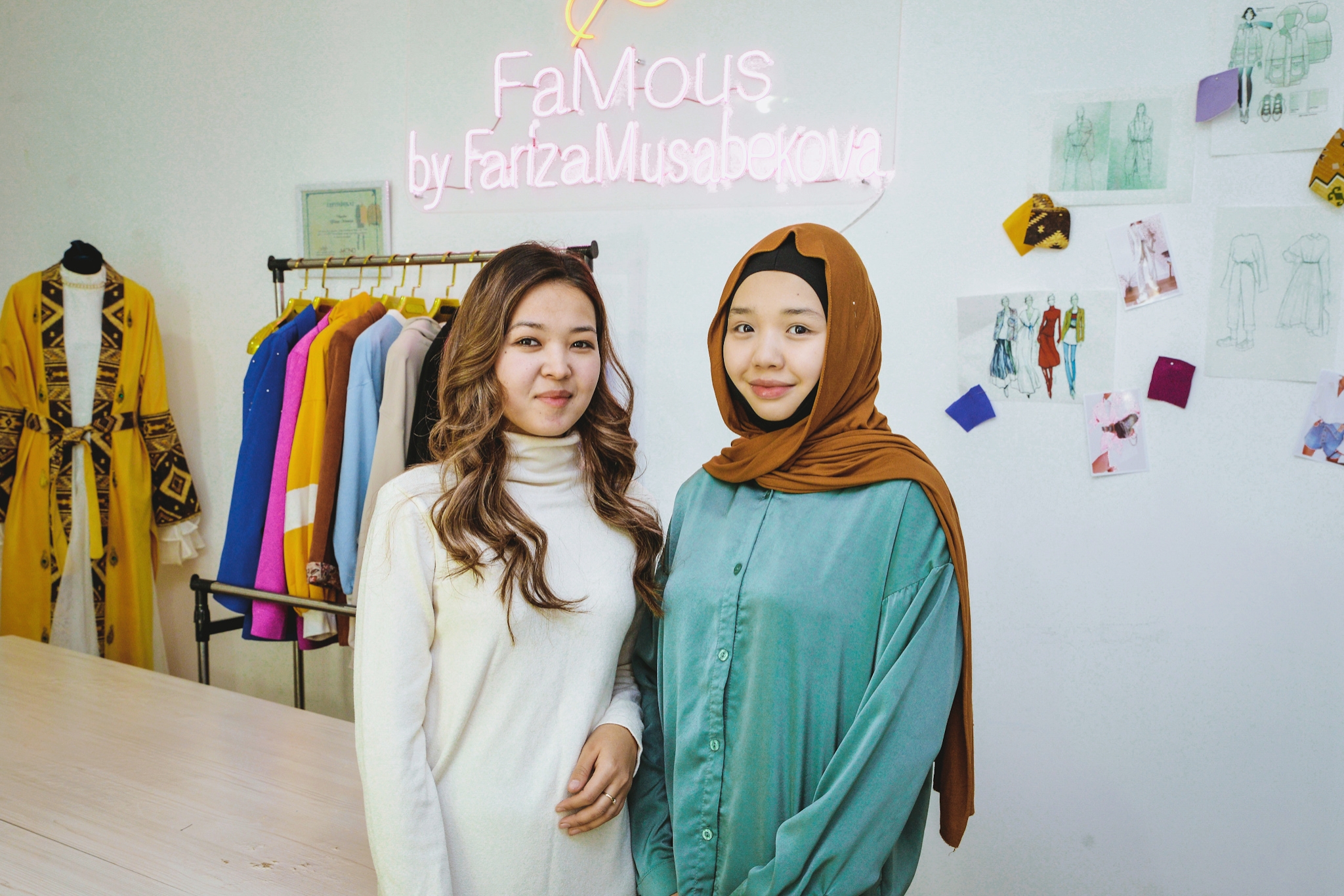
Zhezkazgan is a small city in central Kazakhstan, the largest centre of the country's non-ferrous metallurgy. Work at the mining and smelting plant is the main income source for the majority of residents from Zhezkazgan and nearby villages.
In spring 2022, Zhezkazgan became the regional centre of a new region – Ulytau. Residents believe their city will bring changes for the better. Until then the settlement remains a single-industry town, with few opportunities young people’s professional development and socialization.

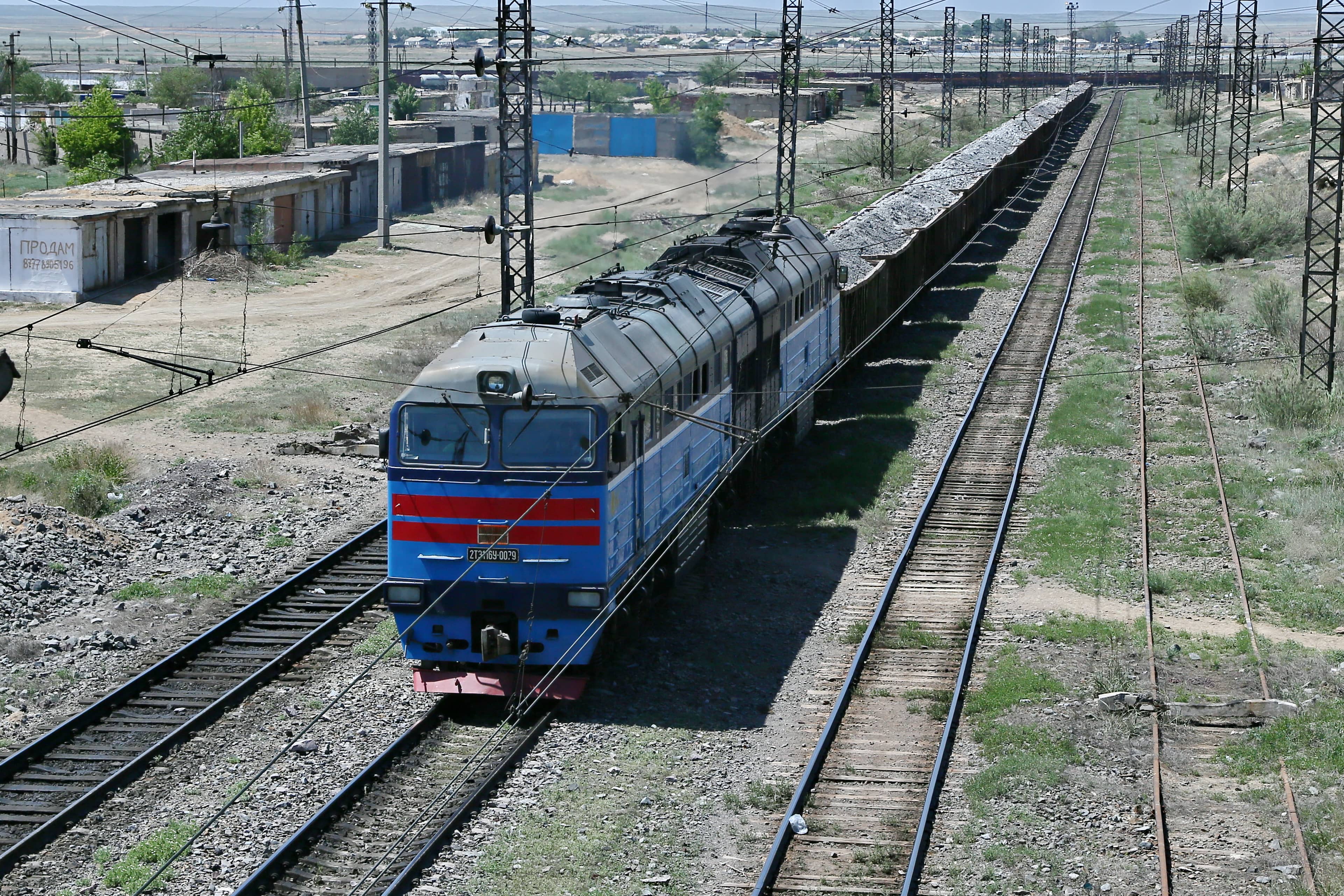
Zhegkazgan’s population is about 85,000.
Unfortunately, today socio-economic isolation makes Kazakhstan and the Central Asian region constantly vulnerable to violent extremism. Lack of socioeconomic opportunities and access to quality public and social services and support structures, as well as the absence of conflict resolution capacity within communities, further limits community resilience. This is especially felt in remote parts of the country, where opportunities and quality services for young people are few and far between.
Personal stories of Fariza and Ydyrys
Fariza and Ydyrys, representatives of the younger generation from Zhezkazgan residents, have had few bright opportunities as young people starting out in life. However, today they, among others, believe in the city’s development and in the improvement of young people’s situation.
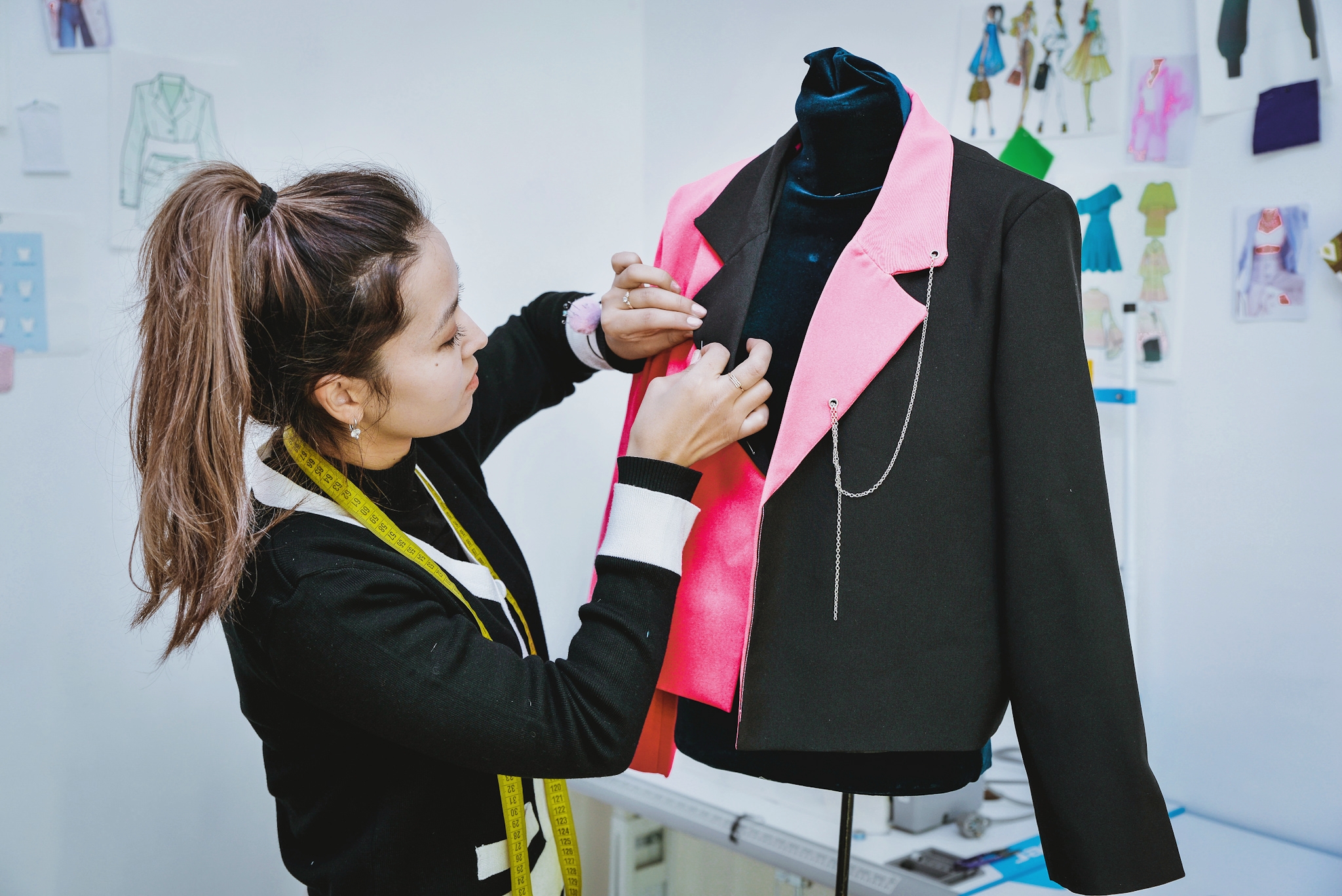
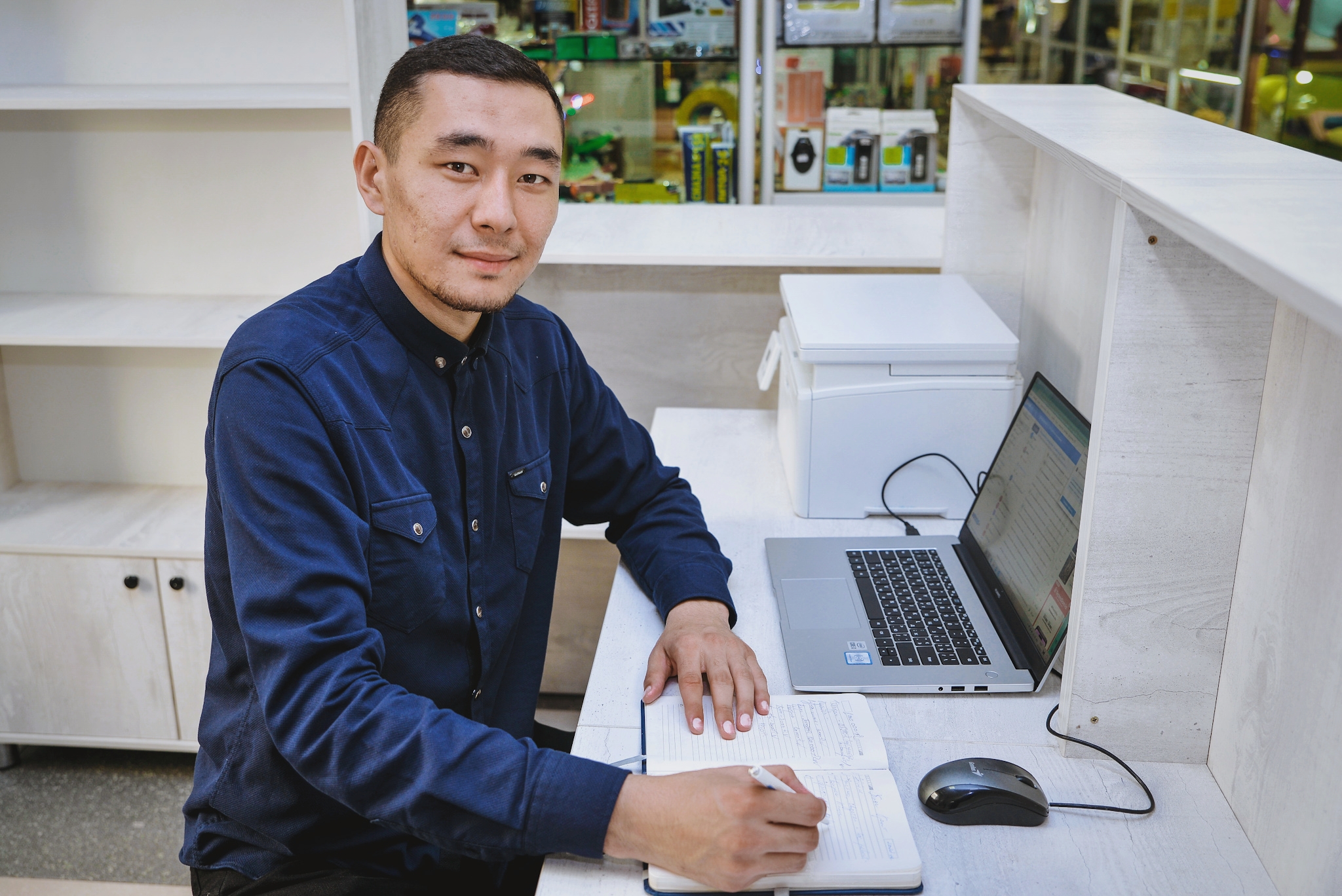
This year, Fariza opened a small tailor’s shop. She designs and tailors clothes and items in the national style. A few years ago, a girl could hardly imagine that her childhood dream would come true – landing her favourite profession, one that would generate income. Fariza says her dream is a calling inherited from her grandmother.
“Sewing is a legacy, which I’ve inherited from my grandmother.
My dream – to create my own clothing brand. I’m really focused on this,” she said.
Fariza did not come to sewing right away - this path took five years. After leaving school, she planned to study as a couturier and fashion designer.
For Fariza those years were not easy as she confronted a sleuth of travails – her parents’ divorce, moving from a village to Zhezkazgan, attending university in another city, living away from her relatives, financial instability, fear and uncertainty about the future.
“There was not enough money, including to pay for university – KZT 500,000 a year,” recalls Fariza.
To pay for her studies in Almaty and help her mother financially, who had two younger daughters, Fariza worked at a beauty salon.
“I was born and raised in a village with only 1,000 people. Moving to Almaty and studying at the university gave me a new perspective on life. I met wonderful, like-minded people and new opportunities opened up,” Fariza said.
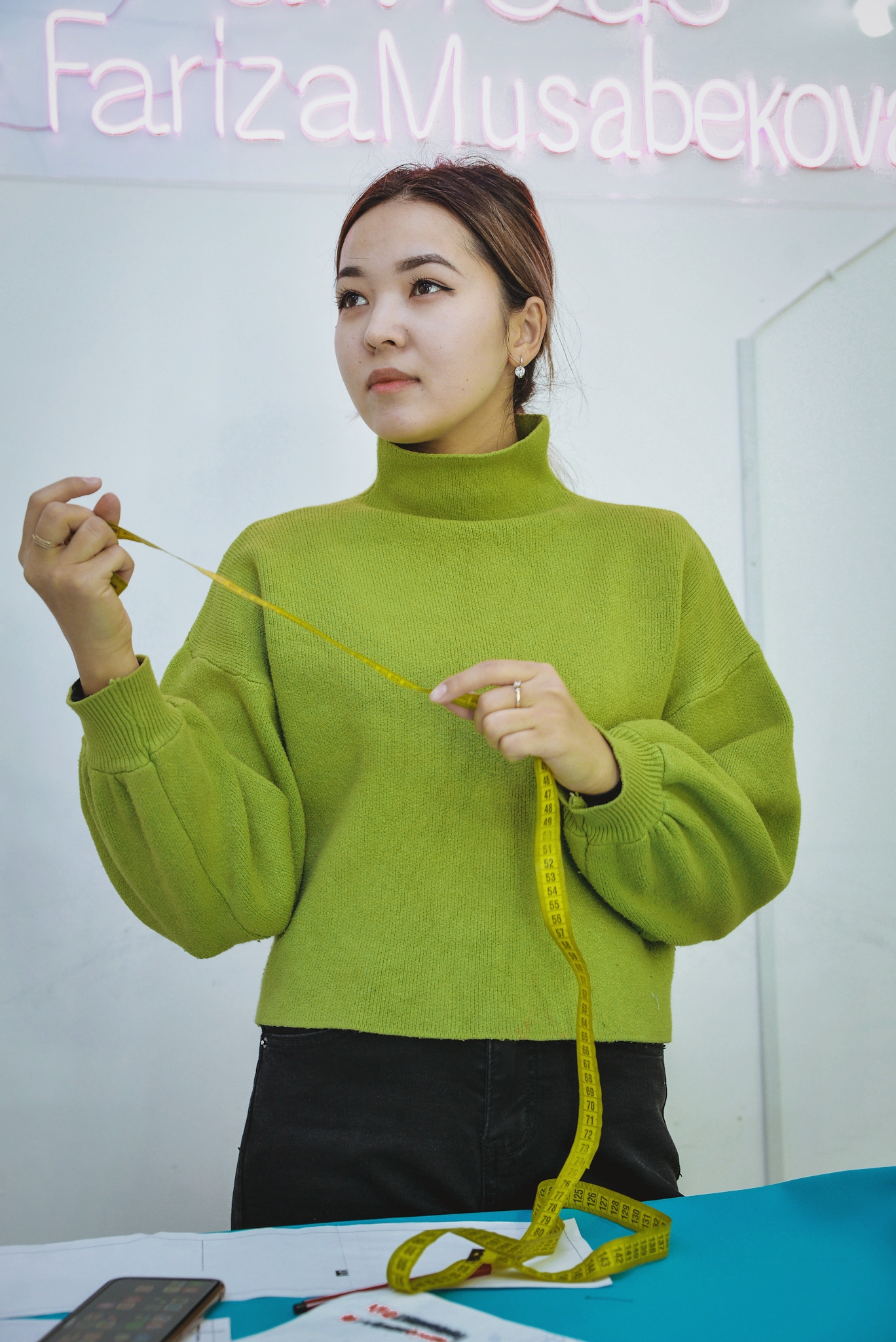
Fariza was born and raised in Ulytau, a village near Zhezkazgan. Fashion design was her childhood dream.
Recalling her student life, Fariza talks about her participation in a youth camp, organized by the United Nations Development Programme (UNDP) to support vulnerable youth from the Karaganda and Aktobe regions. The young women and men, 18-26 years, participated in a series of trainings and seminars on career guidance, finance and legal literacy in labour relations and gender equality. Much attention was paid to psychological issues and to the development of personal qualities – self-confidence, sociability, discipline and other soft skills.
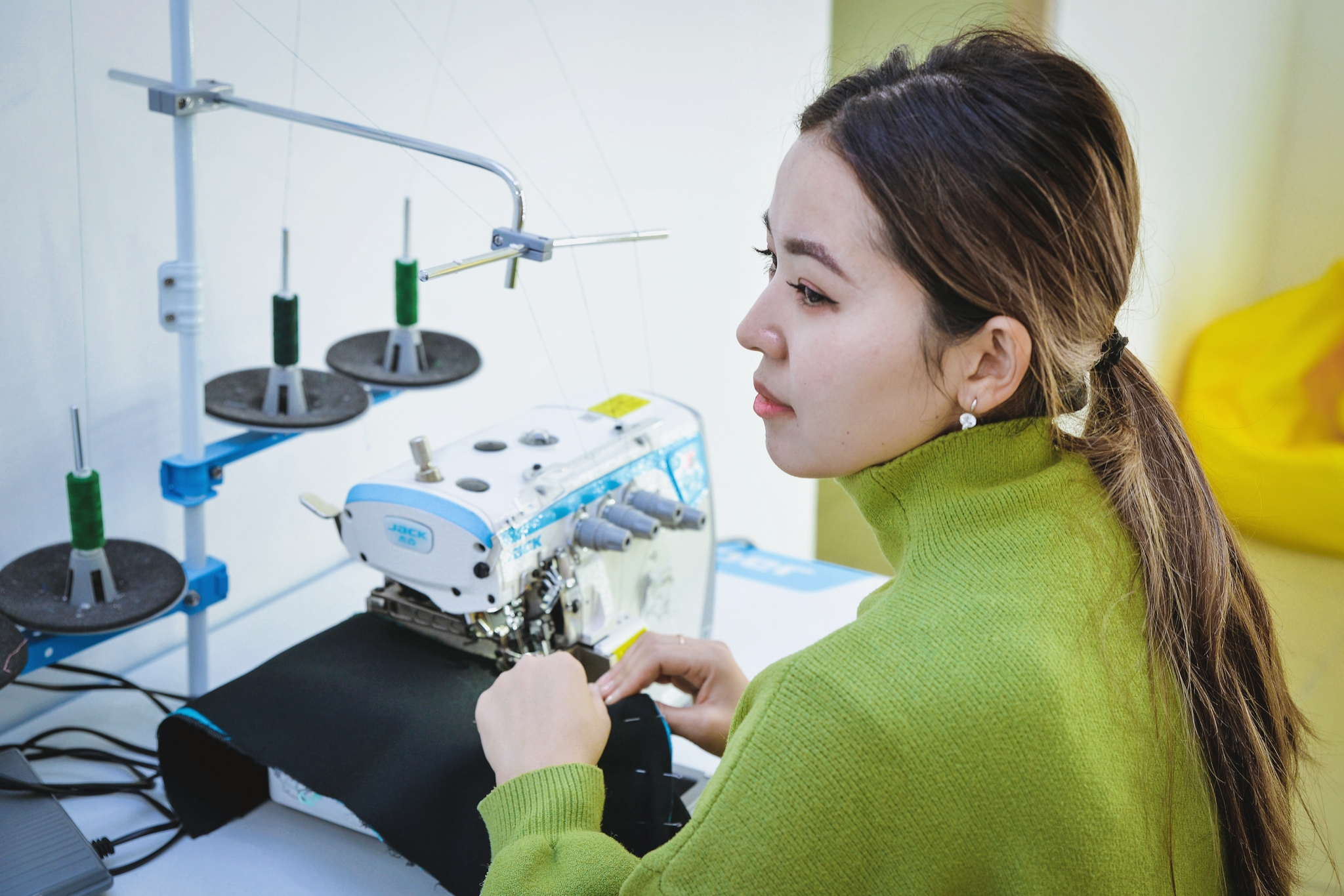
While studying at the university, Fariza took part in the Youth Camp, organized by UNDP to support vulnerable youth from the Karaganda and Aktobe regions.
In 2019, after her graduation, Fariza returned to Zhezkazgan and immediately felt the contrast between a large metropolis and a small town: “Unlike large cities, Kazakhstan’s regions are not the focus of development”.
“Youth don’t see any prospects for a decent life, so they are looking for other solutions. Many leave for the megacities – Astana or Almaty, some, unfortunately, fall victim to nefarious influences.
I was lucky – UNDP trainings helped me gain self-confidence and createt guidelines for the near future. I learned to seize opportunities where is seemed there were none,” recalled Fariza.
Ydyrys, a young businessman from Zhezkazgan, agrees with her. Today, he is developing his business and he and his wife are bringing up two children.
He is actively involved in social activities and leads the "Turaktydamu" Youth Association – a volunteer organization focused on developing the Ulytau region.
His life has changed for the better:
“I am a different person today compared to 2018 . My outlook on life has changed, I now have firm backing support, and realize I can build my own future,” he says.
Ydyrys spent his childhood and teenage years in Zhezkazgan. After leaving school, he planned to study at a military institute, but failed the competition. He was deeply disappointed, as he was the only support for his mother, who belonged to the second disability group.
At this time he was 18 years, unaware of the important achievements that lay ahead. In 2018-2019, like Fariza, Ydyrys participated in youth events which UNDP organized in the Almaty region.
Later, another meeting was held in Kyrgyzstan, part of the Central Asian Youth Creative Camp, where youth from the risk group actively participated in business trainings and in seminars on personal and professional growth and development.
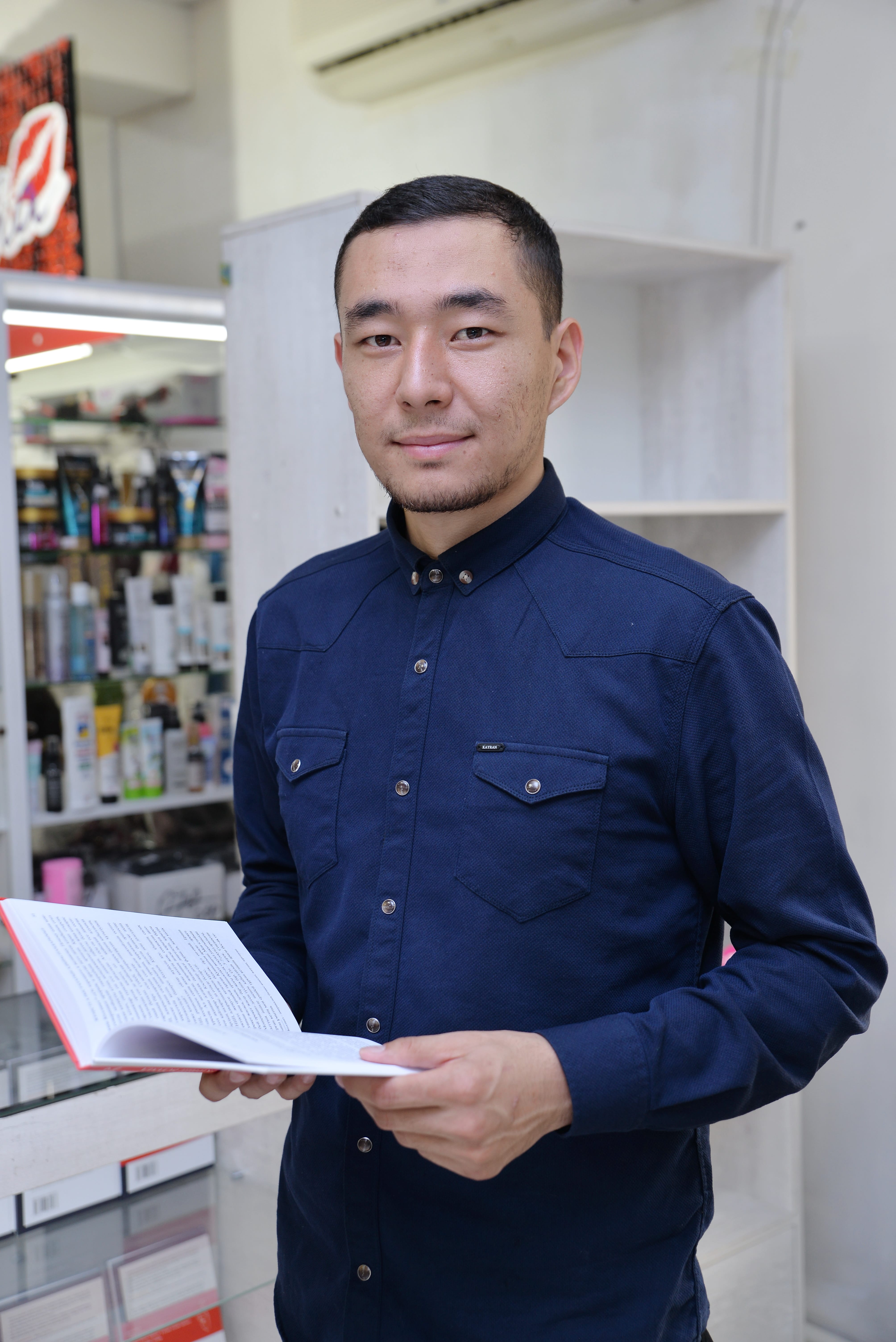
Ydyrys is an entrepreneur from Zhezkazgan. Today, he runs a business in his hometown, and organizes community activities.
“The trip and UNDP trainings landed me mentally and physically beyond the walls of the small town. Travelling by plane for the first time, meeting a large circle of new people, feeling the incredible pulse of our community, I started thinking bigger. The word ‘success’ acquired a new meaning,” Ydyrys recalls.

From 2018 to 2019, Ydyrys took an active part in business trainings,and in seminars on personal and professional growth as part of the UNDP Youth Camp.
After training and learning the basics of entrepreneurship, Fariza decided to look for opportunities in her home city. One such opportunity surfaced during the COVID-19 pandemic in 2020. She took an online sewing course, then took parat in the competition for a youth grant from the city administration. The knowledge she gained at the UNDP trainings helped Fariza draw up a business plan and win a grant of KZT 800,000 to open her tailor’s shop.
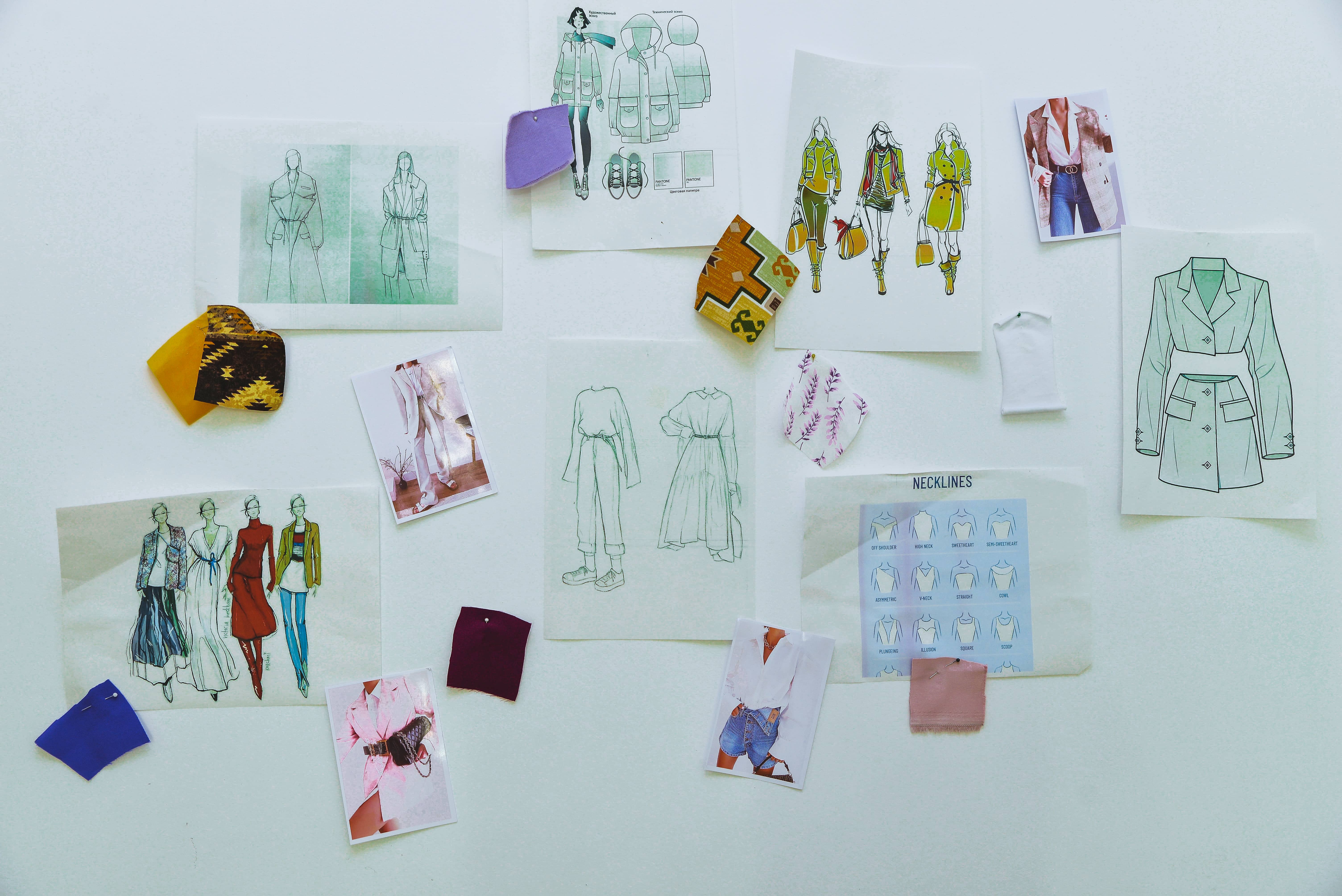
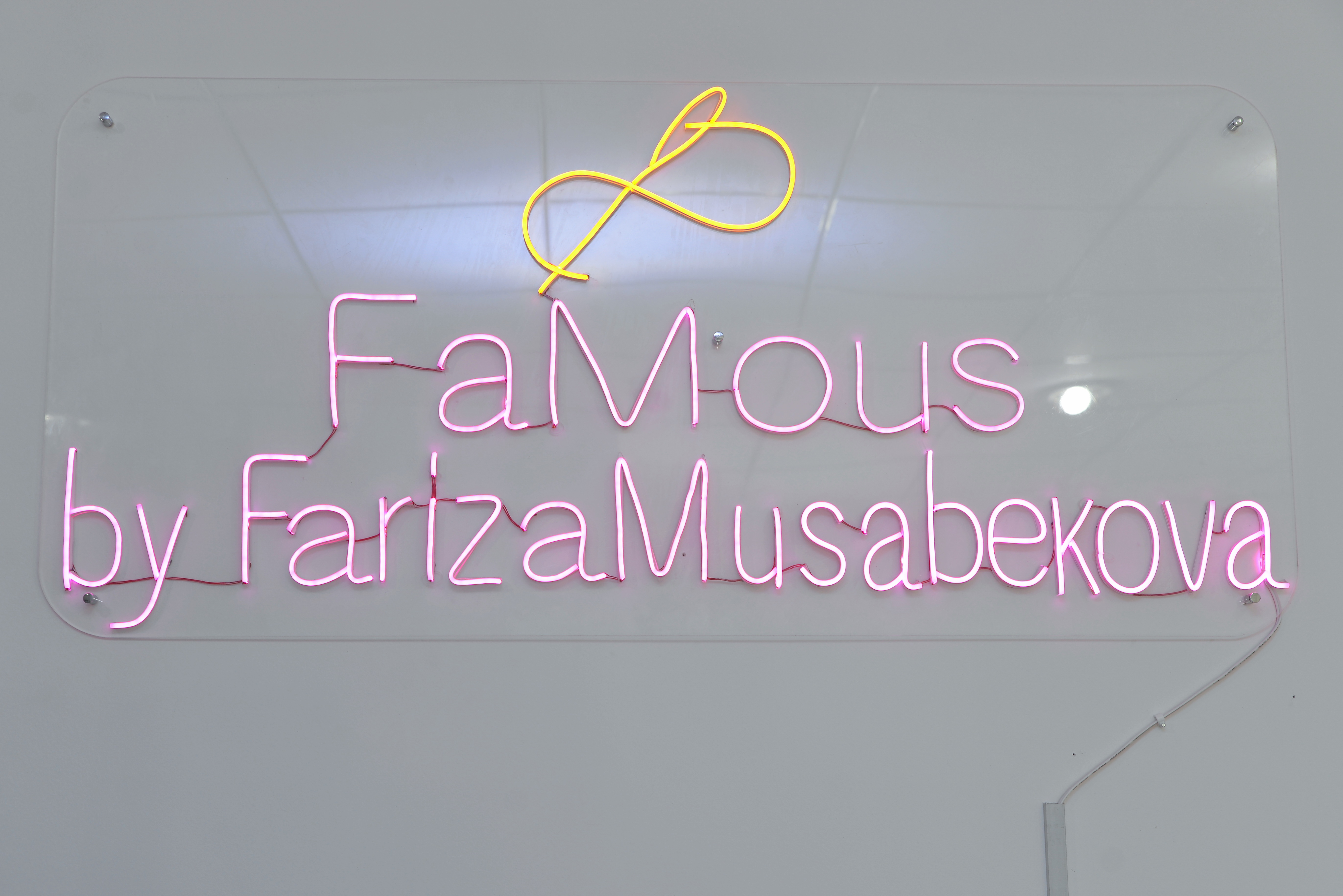
During the COVID-19 pandemic, Fariza took a sewing course.
By that time, Fariza had two jobs: daytime she worked at the city’s Department of Culture and Sports Management, in the evening she sewed. Soon people heard of the new tailor shop, clients appeared. In March 2022, Fariza decided to leave her job to devote her time to focus on her business and personal brand. She bought equipment and began looking for new orders.
Sometimes Fariza works late at night, but doesn’t complain as sewing is her favourite pastime.
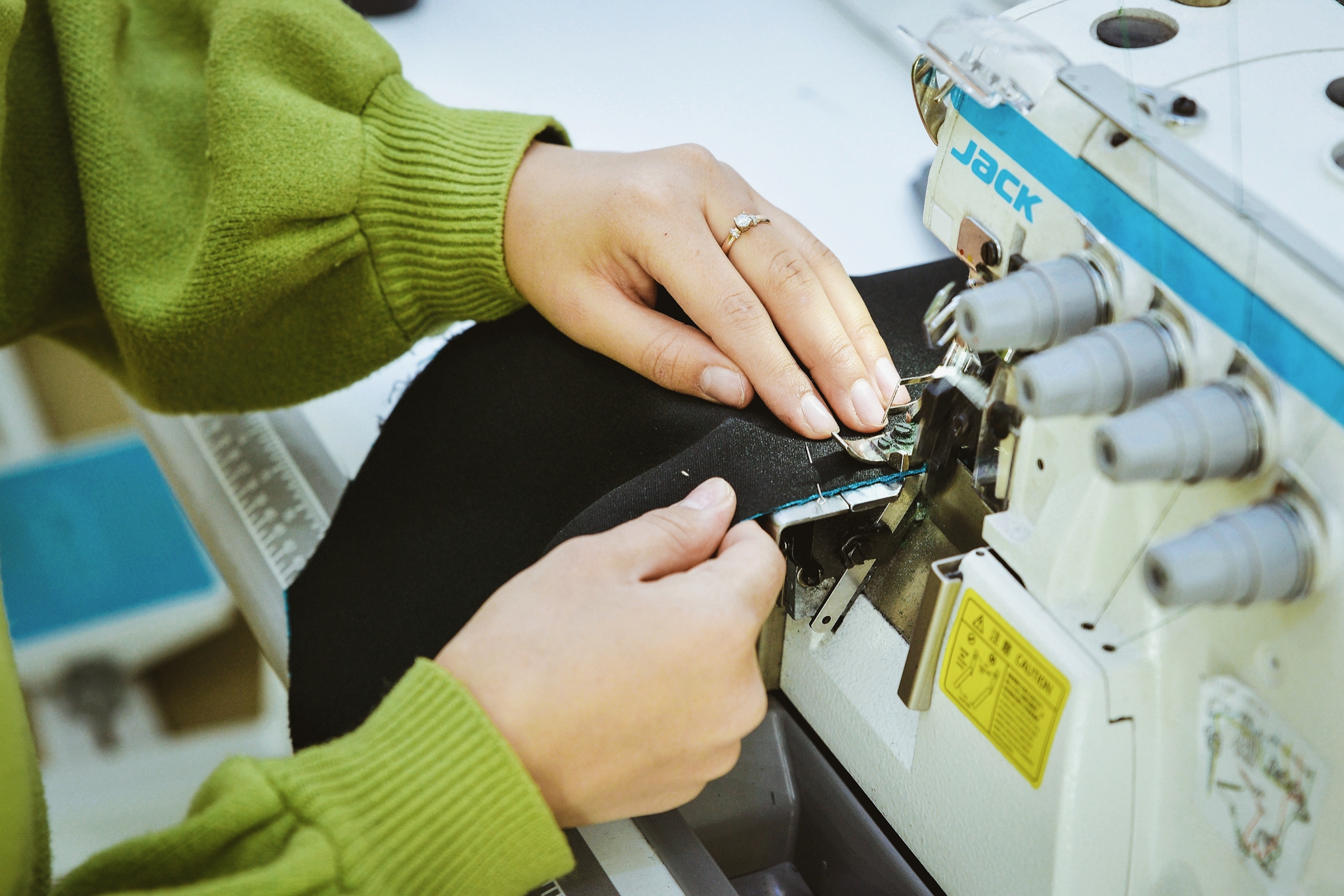
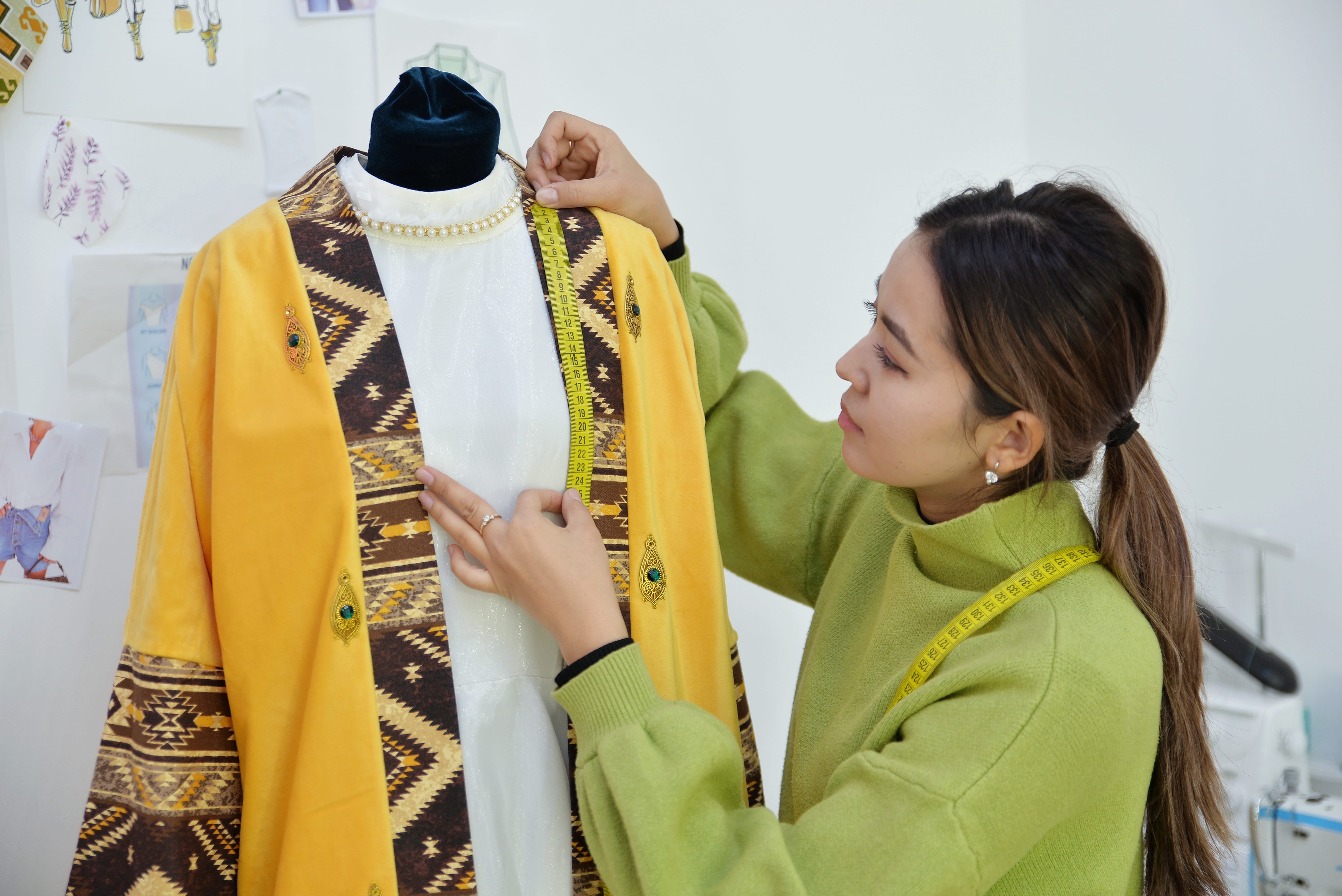
In 2022, Fariza opened a tailor’s shop in Zhezkazgan, and now takes orders for tailoring clothes and items in the national style.
Like Fariza, Ydyrys also decided to return to his native Zhezkazgan. Filled with ideas and armed with the skills and knowledge gained at the summer camp trainings helped him win a youth grant from the Zhezkazgan akimat and to launch his first business. In 2019, he founded a company, which cleaned carpets and upholstered furniture. Later, with his own investments, Ydyrys opened a catering and printing services business.
“I dreamed of serving in the military, but I failed. Looking back, I understand that everything was for the best, because if I had studied in a military institute, my life would have turned out differently. Now I feel free and happy,” he says.
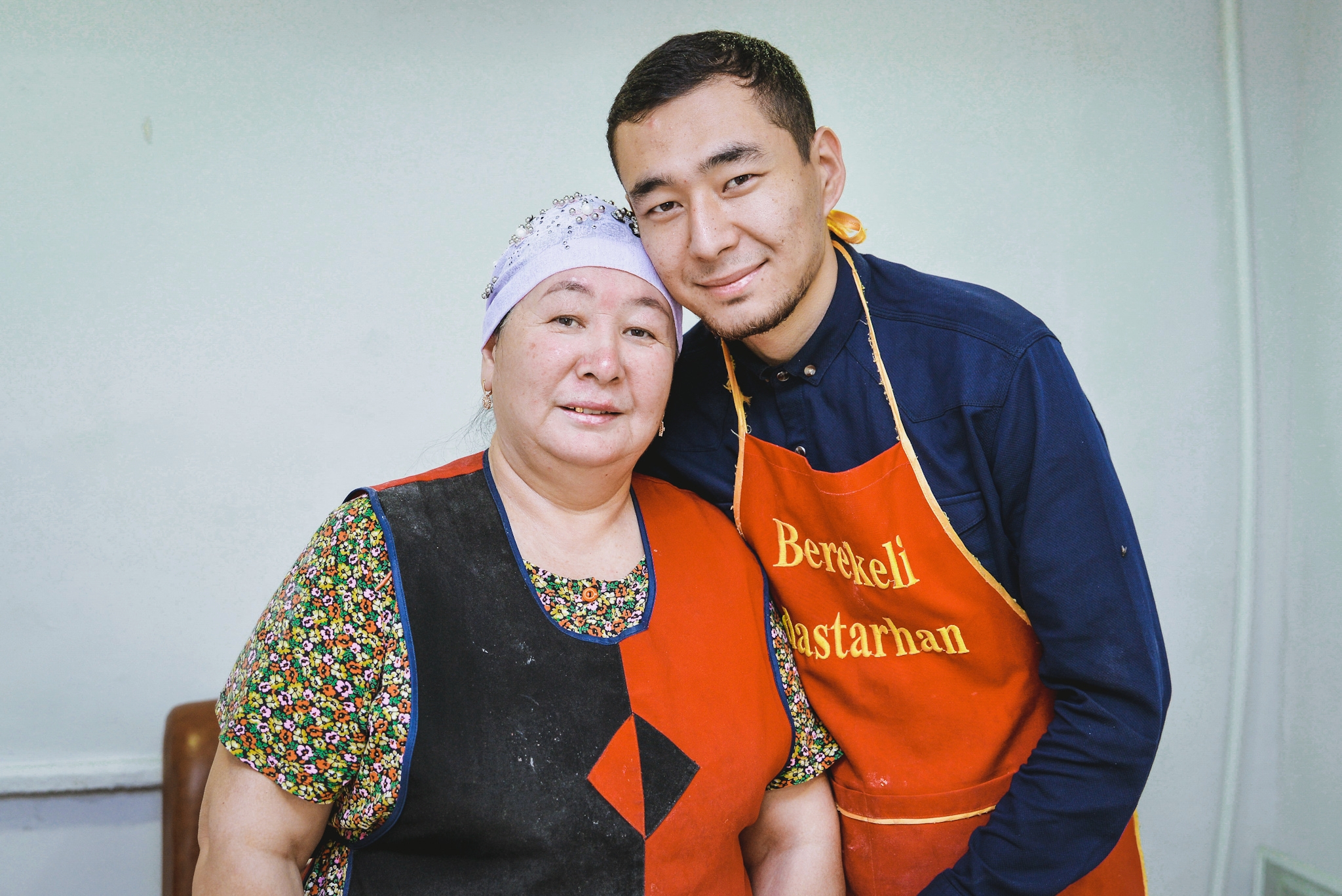

Ydyrys is developing a catering and printing business in Zhezkazgan. He links his success as an entrepreneur to the knowledge and skillsgained at the Youth Camp.
The young people associate their future with Zhezkazgan. Fariza's mother and two younger sisters live here and actively support her. In the near future, Fariza plans both to expand her business and hire employees, but also to create a brand of designer outfits, which will combine elements of national Kazakh culture with modern style.
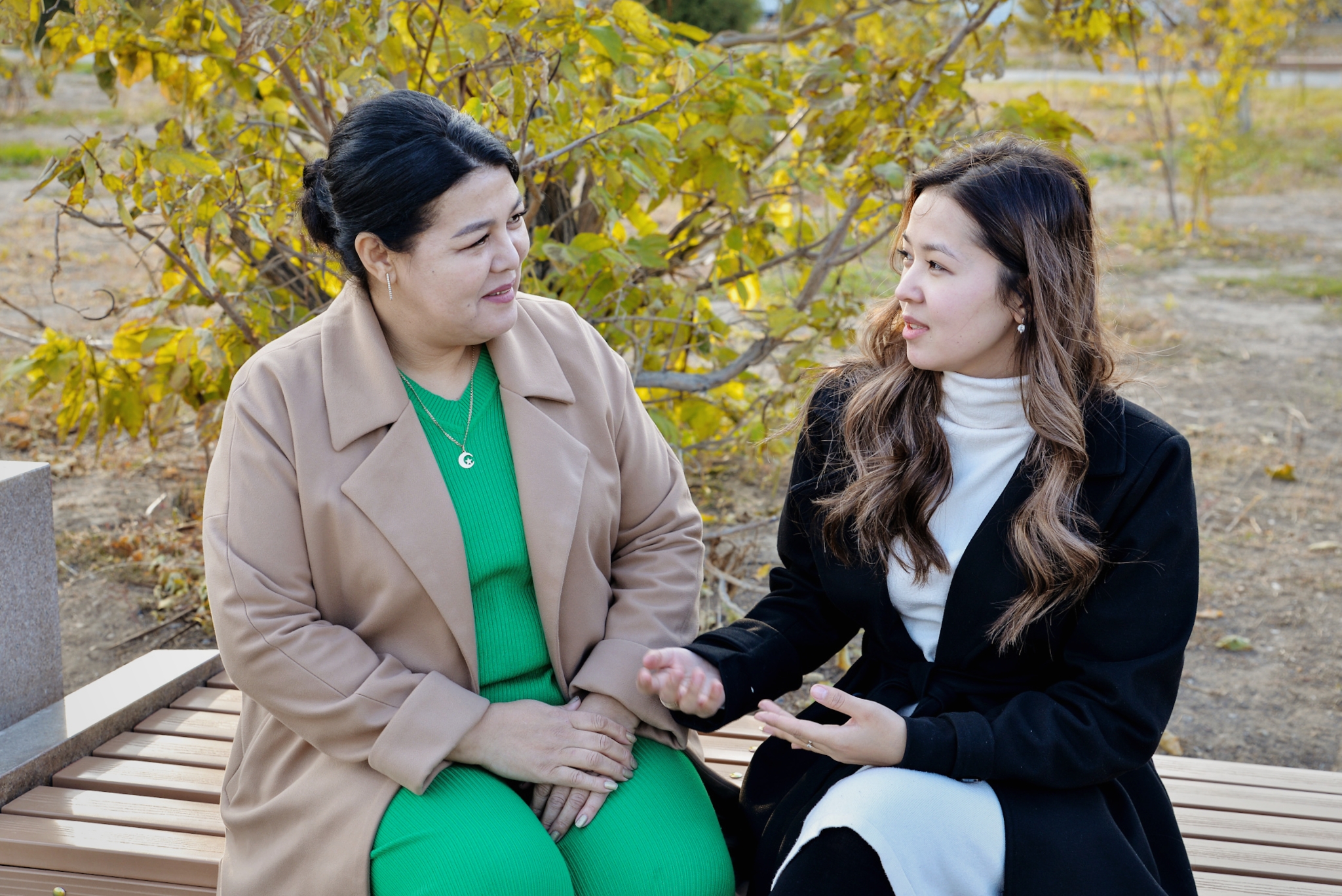
Fariza's ideas are supported by her mother, relatives and friends.
She is confident that by creating the necessary conditions for the development and support of the young people, the likelihood for the qualified IT specialists, teachers and doctors to see great opportunities in small towns will increase.
Ydyrys agrees with her:
“Zhezkazgan is a small industrial city. Incomes are low by the Kazakh standards, and most families experience financial hardship. The local youth want to do business, they have ideas, but they don’t know how to implement them. What is important is government support, support from public organizations and business structures,” notes.
Apart from entrepreneurship, the man conducts trainings for young people from the regions. Most recently, he had a meeting with the young people from Satpayev, with whom he shared his entrepreneurial experience, talking on the basics of business.
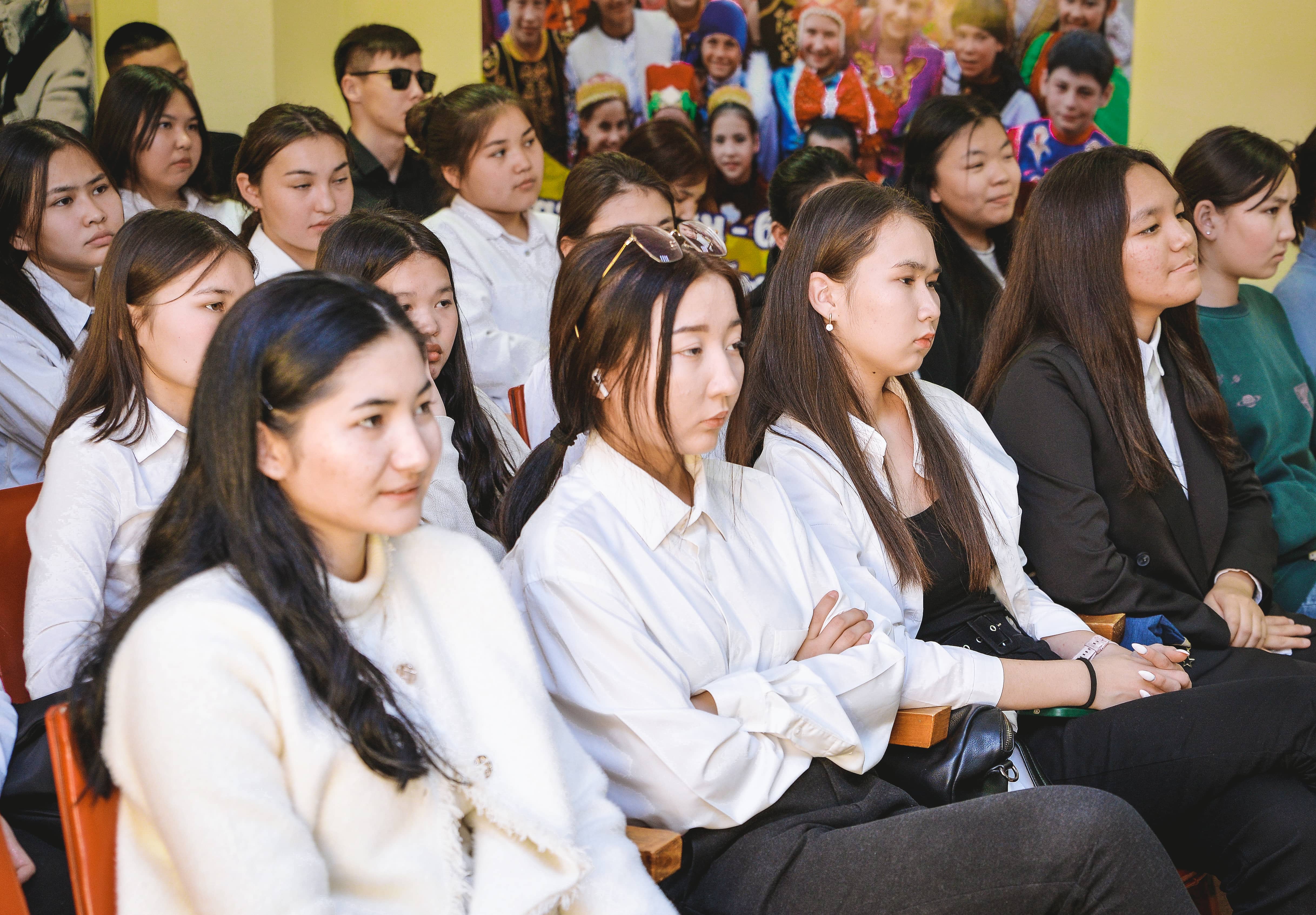
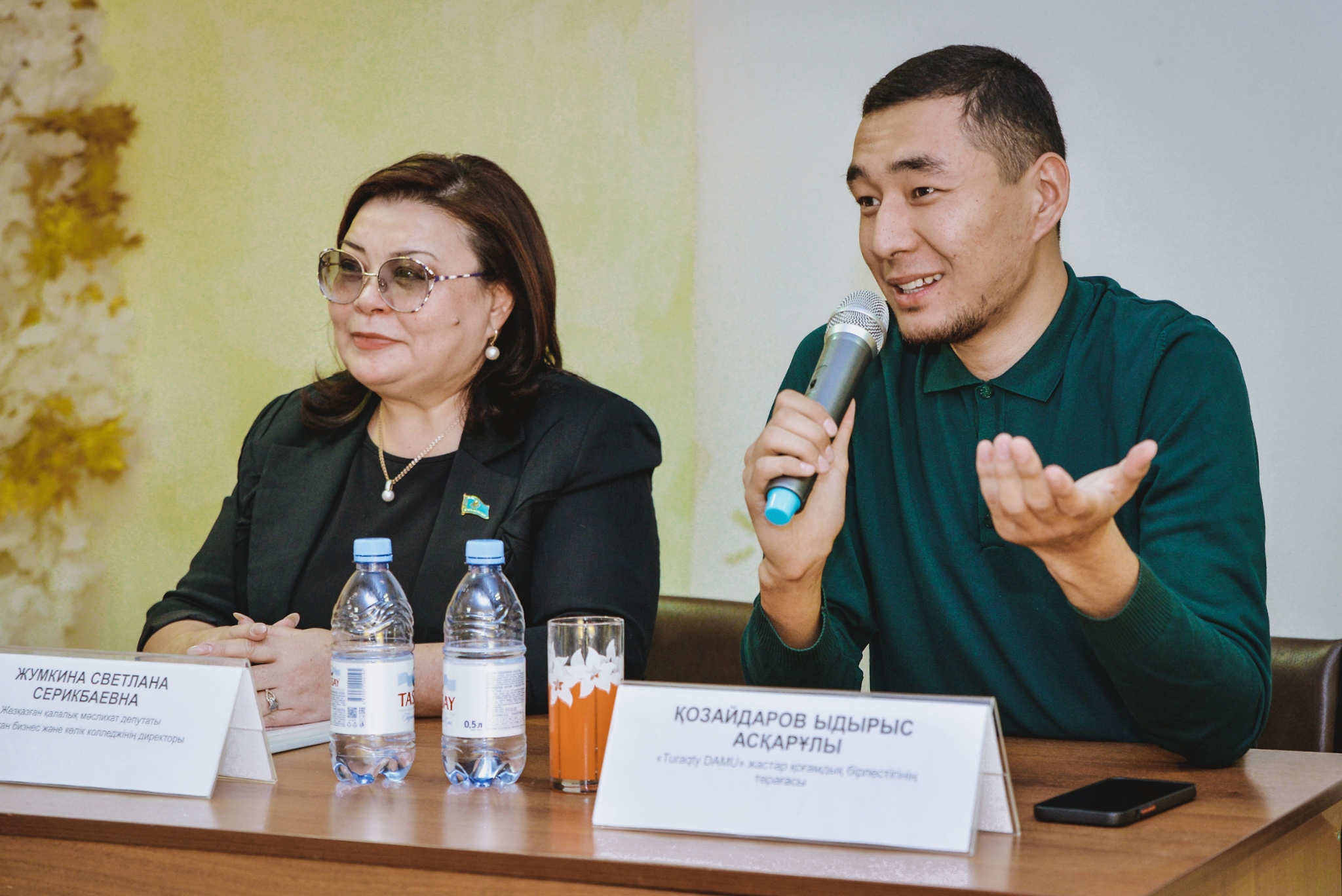
“My goal is to help the young people cope with their doubts and fears, stop living “paycheck-to- paycheck.” After all, I also once had no clear future plan. I quote the thoughst of the Kazakh poet and educator, Magzhan Zhumabayev, who said: “I believe in the youth. Young people have a great potential.”
In 2022, another 200 young women and men from socially vulnerable groups took part in a series of trainings and sessions, organized by the UNDP as part of the “STRIVE Asia Initiative.” Supported by the European Union, it aims to prevent and counter early signs of radicalization and violent extremism among young people from risk groups.

 Locations
Locations

